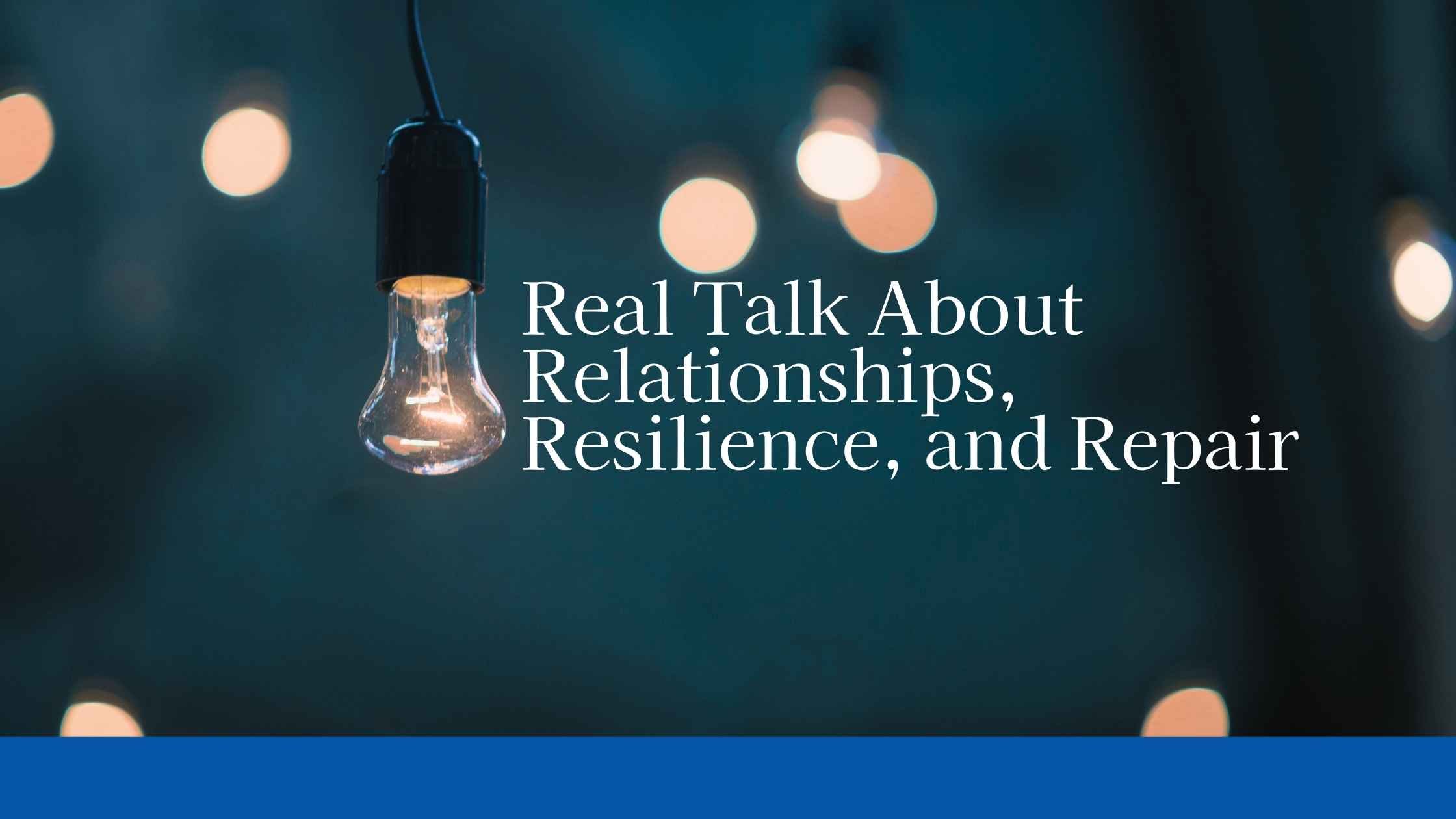
Blog

Embracing Self Esteem and Self Compassion: A Journey Towards Healing
Explore the contrasts between self-esteem and self-compassion, and how embracing both can lead to healing and personal growth.

Nurturing the Couple Bubble: Managing Thirds Together
In the journey of love, couples often encounter various challenges that can strain their connection. It's not uncommon for one or both partners to feel like a third wheel at times, struggling to maintain a sense of togetherness and harmony.

PACT Therapy: Nurturing Secure and Lasting Connections
PACT therapy, developed by the renowned therapist and researcher Stan Tatkin, combines attachment theory, developmental neuroscience, and arousal regulation to support couples in creating secure-functioning relationships.

Healing from the Past: Nurturing the Hearts of Adult Children of Sex Addicts
The topic of sex addiction and the impact it had and continues to have on now adult children of sex addicts often remains hidden in the shadows. We know that the impact of growing up in such an environment can be profound, but we also want you to know that you are not alone.

Understanding the Difference Between Codependency and Betrayal Trauma
Codependency and Betrayal Trauma may seem similar at first glance, but they actually represent distinct experiences that require different approaches to healing. It is critical to shed light on the difference between codependency and betrayal trauma to help you navigate your path towards healing and growth.

Why Nonverbal Communication Matters
Nonverbal communication encompasses all the ways in which we communicate that aren’t spoken or written. And they are just as important.

Am I Suffering From Betrayal Trauma Or Codependency: Does It Matter? Who Can Help?
Navigating a difficult relationship with a partner who struggles with addiction or infidelity can be overwhelming and confusing. It's common to feel lost amidst the various terms and definitions surrounding the emotional trauma that has surfaced in your relationship.

Why Your Attachment Style Might Be Behind Your Relationship Sabotage
There are four main attachment styles, but not everyone fits neatly into one. Depending on the circumstances in which you were raised, you might have a bit of two or three styles. The good news? They aren’t necessarily permanent.

The Impact of Parental Invalidation
Parental invalidation is a form of emotional manipulation. What makes it worse is that such abuse often happens unintentionally.

4 Ways to Engage Conflict in a Healthy Manner
Disagreements are inevitable. Therefore, one of your top priorities as a couple is to improve how to handle such conflict. Having a fight is not a sign of dysfunction. Being unable to handle an argument in a healthy way typically is.

When Actions Speak Louder Than Words: The Power of "I Am Sorry"
"I am sorry" itself may not be enough to repair the damage caused. It is in the actions that follow those three words where the true healing begins.

What is Alexithymia? Understanding and Navigating Emotion Distress
Alexithymia is a psychological phenomenon characterized by difficulties in recognizing, understanding, and expressing emotions. People with alexithymia may find it challenging to identify and articulate their own feelings and the emotions of others. This can result in a sense of emotional detachment or disconnection.

Finding Freedom from Intrusive Thoughts: A Path to Inner Peace
Intrusive thoughts can be unbearable. They seem to sneak into our minds without warning and immediately create feelings of anxiety, guilt, and shame. We may wonder, "Why am I having these thoughts? What do they mean?" It's important to remember that intrusive thoughts are a common experience, and you are not alone in this struggle.

How to Connect with an Emotionally Distant Partner: A Guide to Blame-Free Communication
In every relationship, there are times when one partner may feel emotionally distant. It can be challenging and even heartbreaking to reach out to someone who seems unreachable. However, it is important to remember that blaming them will not bring you closer.

Finding Emotional Balance: How Neurofeedback Can Help
Neurofeedback is a non-invasive therapy that uses advanced technology to monitor and train the brain's electrical activity. By providing real-time feedback on brainwave patterns, neurofeedback helps individuals learn self-regulation techniques to manage their emotions more effectively.

The Art of Compassionate Assertiveness
Compassionate assertiveness is a communication style that prioritizes both your needs and the needs of the other person. It involves standing up for what you believe in while staying respectful and understanding towards others.

Seeing TRAUMA with Sara
When parents bring their kids in to see me, they are fearful that their child is suffering, and they are noticing behavior changes that have happened after their child experienced something traumatic or witnessed somebody else go through it.

let’s talk with Teresa | The WHY, WHERE, WHEN, WHAT & HOW of a Fight
You can navigate conflict in your relationship in a way that you are heard and more fully known and that you are able to hear and better know your partner.

Does EMDR Work For Anxiety?
While EMDR was originally used to deal with upsetting memories and even conditions like PTSD, it’s proven to be effective over the years when it comes to a variety of other mental health conditions, including anxiety.

4 Ways EMDR Can Help You When You Have Depression
Whether you’ve tried other forms of therapy and medication before or you just want to try something different, EMDR can provide a lot of help when you have depression, and make your symptoms easier to deal with.
